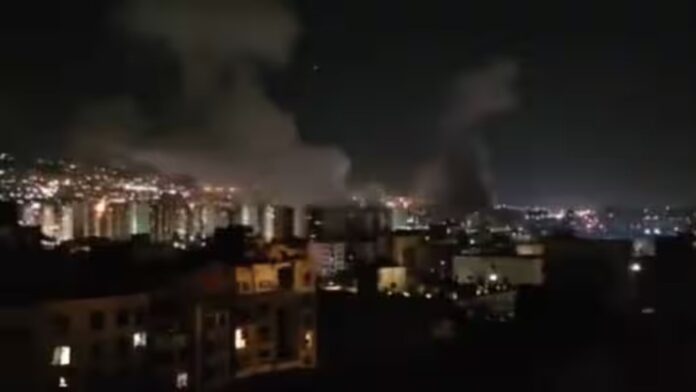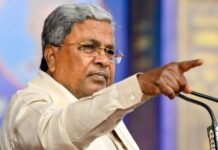Early Friday morning, Israel launched a military operation against Iran—a move long anticipated in strategic circles. It is not a development that will be welcomed in New Delhi, irrespective of the fact that one of India’s closest strategic partners, Israel, is expected to emerge stronger from this latest episode in what has become a season of missiles and conflicts.
A decisive Iranian defeat—or worse, a state collapse—would carry quietly alarming consequences for India, reshaping its strategic environment in ways that are not immediately visible but deeply destabilising over time.
India has built its westward orientation—both in terms of connectivity and energy security—on the foundational assumption that Iran remains a functioning, independent state. If that assumption collapses, the repercussions would cascade across multiple sectors.
The most immediate and tangible blow would be economic. Nearly 40% of India’s crude oil imports transit through the Strait of Hormuz, a chokepoint that would become a battleground or blockade zone in any sustained war involving Iran. Even temporary disruptions could send global oil prices soaring beyond $150 per barrel, triggering domestic inflation, trade imbalances, currency pressure, and a sharp spike in the fiscal deficit. India’s economy, already navigating tight margins, would be hit hard—and there would be little room for manoeuvre.
Beyond oil, the strategic geography India relies on would be compromised. Chabahar Port—developed by India as a counterweight to Pakistan’s Gwadar and as a vital link to Afghanistan and Central Asia—would either fall into disuse, be destroyed, or come under foreign control in a post-war Iran. With that goes the International North-South Transport Corridor, India’s only land trade route to Central Asia and Russia that bypasses Pakistan and China.
If Shia-majority Iran disintegrates or is occupied, India loses its physical gateway to the region. Security risks would rise substantially. Iran, for all its defiance, has functioned as a buffer against Sunni jihadist forces and has kept groups like ISIS and al-Qaeda at bay in Iraq and Syria. Its collapse would likely trigger the resurgence of such groups, fuel arms black markets, and unleash radical fighters in search of new fronts—including South Asia. India could face a renewed wave of terror threats, both in Kashmir and beyond, with sectarian tensions potentially spilling into domestic arenas.
The Shia–Sunni balance that India has carefully managed could come under new pressure, as displaced networks and radical ideologies begin searching for new spaces in which to root themselves.
Diplomatically, India would lose a critical outpost in West Asia. Iran has been a quiet but steady partner in intelligence sharing—particularly in relation to Afghanistan and Pakistan—something that may come as a surprise to many observers. With Iran gone, that channel goes dark. India’s diplomatic footprint in the region would shrink considerably, forcing New Delhi to move into tighter alignment with Saudi Arabia, Israel, and the United States—partners with whom India shares interests, but not always autonomy.
India, historically, has thrived in multipolar systems—not binary alignments. A post-Iran order would severely constrain its space for strategic hedging.
Compounding these losses is the likely expansion of China. Beijing, with its Belt and Road Initiative already entrenched in the region, would be among the first to move into any post-conflict vacuum. Chinese control or deep involvement in Iranian ports, energy assets, or post-war reconstruction would place Chinese infrastructure—and by extension, Pakistani-aligned intelligence capabilities—dangerously close to India’s western maritime flank.
In totality, Iran’s collapse is not just about a regime falling. For India, it would represent the dismantling of an entire architecture: of westward access, of energy security, of regional influence, and of strategic autonomy.
Quietly, and with little public attention, it would mark one of the most significant setbacks to Indian foreign policy in decades—one that New Delhi can do little to reverse.








